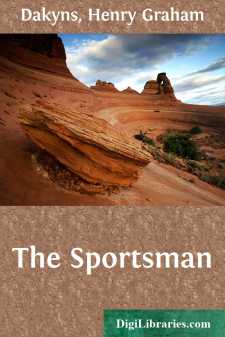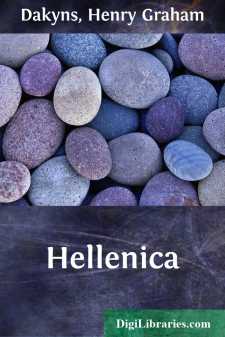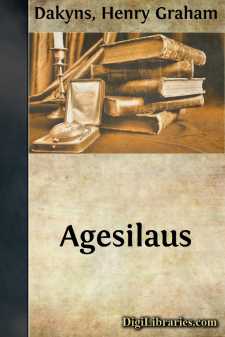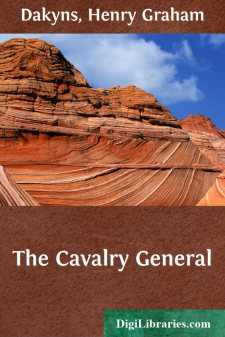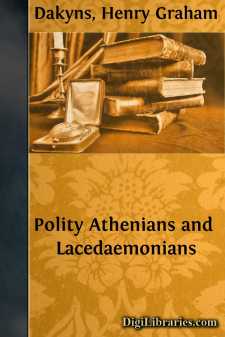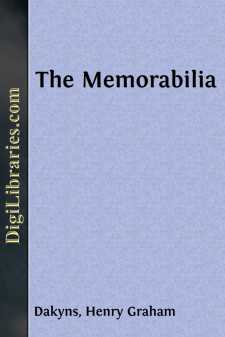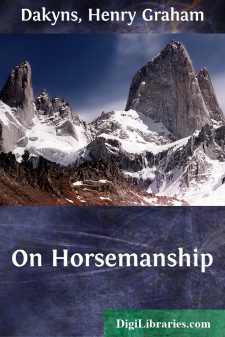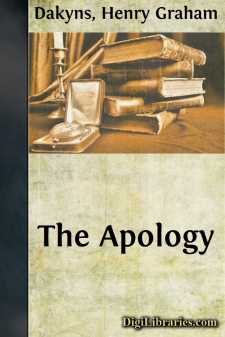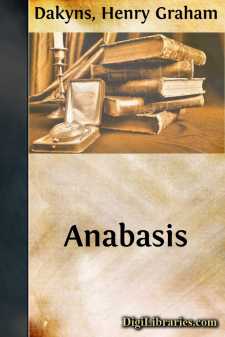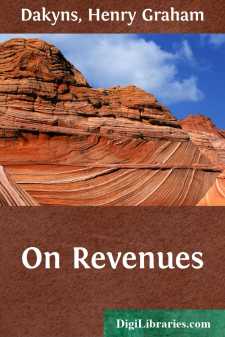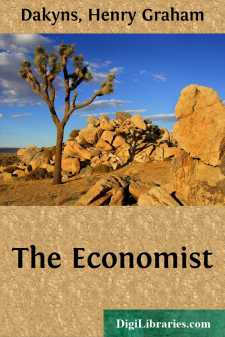Categories
- Antiques & Collectibles 13
- Architecture 36
- Art 48
- Bibles 22
- Biography & Autobiography 813
- Body, Mind & Spirit 142
- Business & Economics 28
- Children's Books 14
- Children's Fiction 11
- Computers 4
- Cooking 94
- Crafts & Hobbies 4
- Drama 346
- Education 46
- Family & Relationships 57
- Fiction 11829
- Games 19
- Gardening 17
- Health & Fitness 34
- History 1377
- House & Home 1
- Humor 147
- Juvenile Fiction 1873
- Juvenile Nonfiction 202
- Language Arts & Disciplines 88
- Law 16
- Literary Collections 686
- Literary Criticism 179
- Mathematics 13
- Medical 41
- Music 40
- Nature 179
- Non-Classifiable 1768
- Performing Arts 7
- Periodicals 1453
- Philosophy 64
- Photography 2
- Poetry 896
- Political Science 203
- Psychology 42
- Reference 154
- Religion 513
- Science 126
- Self-Help 84
- Social Science 81
- Sports & Recreation 34
- Study Aids 3
- Technology & Engineering 59
- Transportation 23
- Travel 463
- True Crime 29
The Sportsman
Description:
Excerpt
ITo the gods themselves is due the discovery, to Apollo and Artemis, patrons of the chase and protectors of the hound. (1) As a guerdon they bestowed it upon Cheiron, (2) by reason of his uprightness, and he took it and was glad, and turned the gift to good account. At his feet sat many a disciple, to whom he taught the mystery of hunting and of chivalry (3)—to wit, Cephalus, Asclepius, Melanion, Nestor, Amphiaraus, Peleus, Telamon, Meleager, Theseus and Hippolytus, Palamedes, Odysseus, Menestheus, Diomed, Castor and Polydeuces, Machaon and Podaleirius, Antilochus, Aeneas and Achilles: of whom each in his turn was honoured by the gods. And let none marvel that of these the greater part, albeit well-pleasing to the gods, nevertheless were subject to death—which is the way of nature, (4) but their fame has grown—nor yet that their prime of manhood so far differed. The lifetime of Cheiron sufficed for all his scholars; the fact being that Zeus and Cheiron were brethren, sons of the same father but of different mothers—Zeus of Rhea, and Cheiron of the nymph Nais; (5) and so it is that, though older than all of them, he died not before he had taught the youngest—to wit, the boy Achilles. (6)
(1) Or, "This thing is the invention of no mortal man, but of Apollo
and Artemis, to whom belong hunting and dogs." For the style of
exordium L. Dind. cf (Ps.) Dion. "Art. rhet." ad in.; Galen,
"Isagog." ad in.; Alex. Aphrodis. "Probl." 2 proem.
(2) The wisest and "justest of all the centaurs," Hom. "Il." xi. 831.
See Kingsley, "The Heroes," p. 84.
(3) Or, "the discipline of the hunting field and other noble lore."
(4) Lit. "since that is nature, but the praise of them grew greatly."
(5) According to others, Philyra. Pind. "Pyth." iii. 1, {ethelon
Kheirona ke Philuridan}; cf. "Pyth." vi. 22; "Nem." iii. 43.
(6) See Paus. iii. 18. 12.
Thanks to the careful heed they paid to dogs and things pertaining to the chase, thanks also to the other training of their boyhood, all these greatly excelled, and on the score of virtue were admired.
If Cephalus was caught into the arms of one that was a goddess, (7) Asclepius (8) obtained yet greater honour. To him it was given to raise the dead and to heal the sick, whereby, (9) even as a god among mortal men, he has obtained to himself imperishable glory. Melanion (10) so far excelled in zest for toil that he alone of all that flower of chivalry who were his rivals (11) obtained the prize of noblest wedlock with Atalanta; while as to Nestor, what need to repeat the well-known tale? so far and wide for many a day has the fame of his virtue penetrated the ears of Hellas. (12)
(7) Hemera (al. Eos). For the rape of Cephalus see Hes. "Theog." 986;
Eur. "Ion," 269; Paus. i. 3. 1; iii. 18. 7.
(8) Lat. Aesculapius. Father of Podaleirius and Machaon, "the noble
leech," "Il." ii. 731, iv. 194, 219, xi. 518; "Od." iv. 232.
(9) Cf. "Anab." I. ii. 8; Lincke, "z. Xen. Krit." p. 299.
(10) Melanion, s. Meilanion, Paus. iii. 12....


